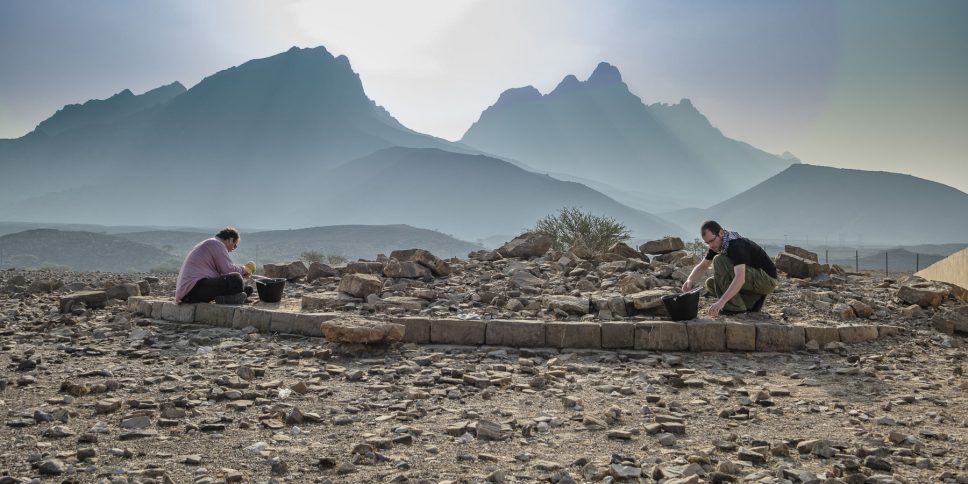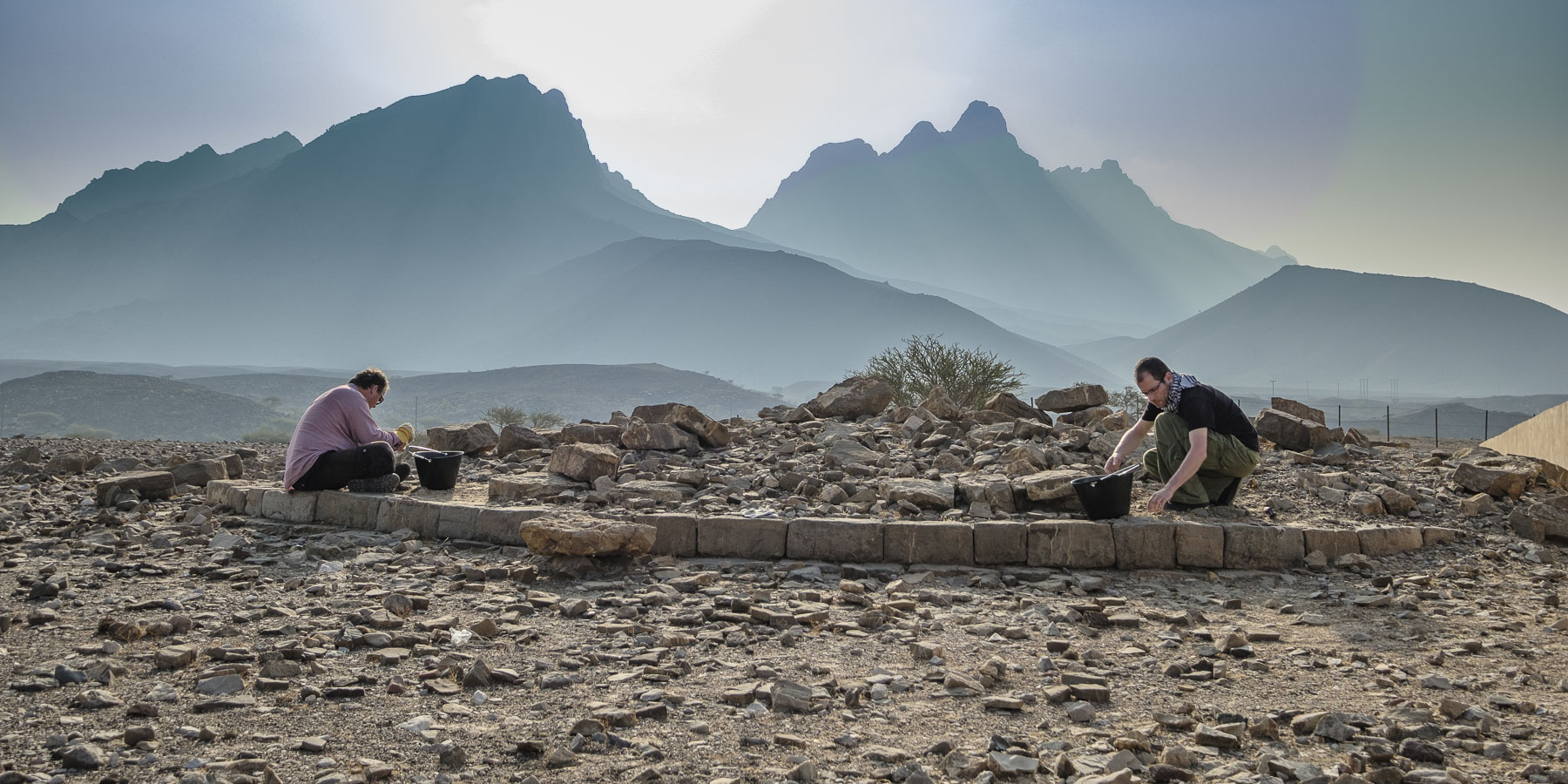This semester, students of the University of Warsaw will be able to attend general courses taught by researchers from the Polish Centre of Mediterranean Archaeology UW. They will lecture on topics they deal with in their research and fieldwork: archaeology of the Kingdom of Aksum in Ethiopia, Bronze and Iron Ages in the Arabian Peninsula, and basic statistical tools for humanists.
The three general courses will be taught in the winter semester of 2021/22. Each will last 30h and will be held in a blended mode. Registration for the courses (as general university humanities subjects) begins on September 13th.
- “Archaeology of ancient Ethiopia: the Aksumite culture and civilization”
Dr. Michela Gaudiello specializes in the archaeology of Ethiopia; she heads PCMA UW research in the region (see her bio).
Course description (course will be tought in English): “The course aims to describe the evolution of the Ethiopian studies and archaeology, mainly focusing on Ethiopia’s northernmost region (Tigray), where the powerful kingdom of Aksum rose and developed. An introduction will briefly outline the Greek-Roman accounts on ancient Ethiopia, the arrival of the first European travellers, and also the scholarly explanations of the first connections between the ancient Aksumite and South Arabian kingdoms. The core of the course is the development of the Aksumite polity (c. 400 BC–AD 850), starting with its predecessors, till its collapse and the advent of the ‘Solomonic dynasty’ in 1270 AD.
By studying previous and current archaeological projects, we will analyze the Aksumite material cultures, architecture, exchange and trade links, inter-influences with coeval powers and we will also try and shed some light on the cultural connections between the Aksumites, the South Arabians and the Kushites in the Middle Nile Valley.”
Link to the course description in USOS.
- “South of Mesopotamia. The Archaeology of the Arabian Peninsula during the Bronze and Iron Ages”
Dr. Łukasz Rutkowski specializes in the archaeology of the Arabian Gulf, the Arabian Peninsula, and Mesopotamia; he participated for many years in research in Oman and Kuwait, previously also in Syria (see his bio).
Course description (course will be tought in Polish): “The Arabian Peninsula and the region of the Arabian Gulf region evokes associations with the cradle of Islam, endless deserts, oil extraction, and – more recently – with the modern cities on the Arabian Gulf, which have been an attractive tourist destination in latest times. The knowledge that civilization flourished there in pre-Islamic times rarely reaches the general public. This is partly because southern Arabia has remained for many years on the margins of interest of Middle Eastern archaeology. For various reasons, this situation has changed recently, so this lecture aims to bring the audience up to date on the archaeology of the region during the Bronze and Iron Ages.”
Link to the course description in USOS.
- “Introduction to statistical reasoning with basics of R – for Humanities students”
Dr. Robert Mahler is an archaeologist and anthropologist, interested in implementing computer tools in bioarchaeology and applying statistical analysis methods in these inferences (see his bio).
Course description (course will be tought in Polish): “Statistical methods and how they can interpret the results. Emphasis will be given to proper sample selection and evaluation and on a critical approach to statistical reasoning. The effectiveness of such an approach is the use of methods that are simple but that are fully understood by the author.
The use of the popular R statistical software, which is available free of charge, will allow classes to be conducted without the need to resort to complex mathematical formulae, which are usually an insurmountable barrier for most students. It will also provide them with a good starting point for their own explorations because R statistical software facilitates making analyses with a very broad range of complexity.”
Link to the course description in USOS.


